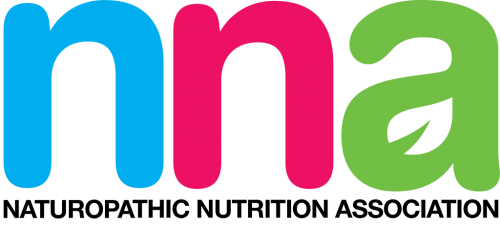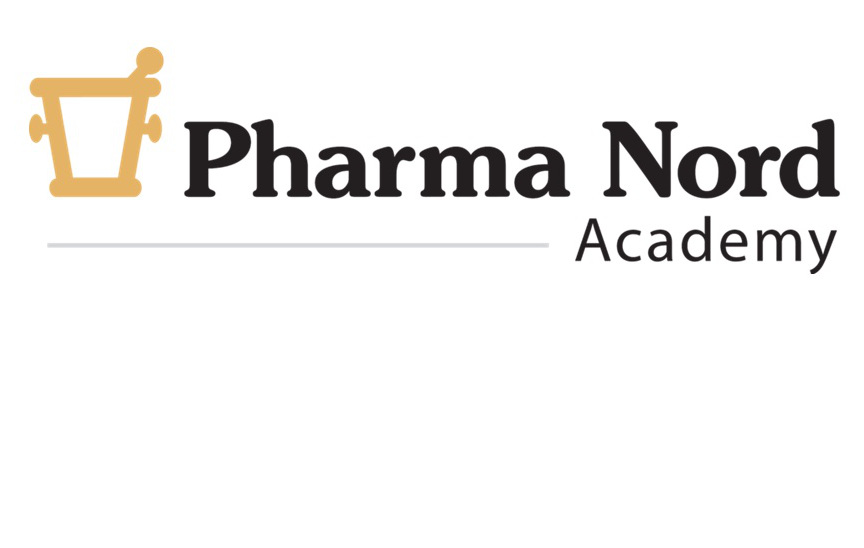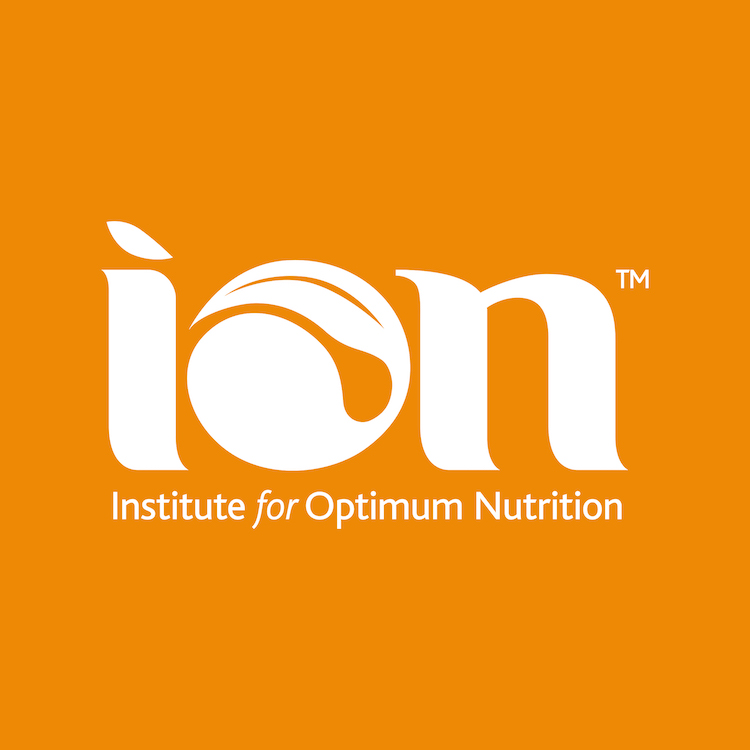Frequently Asked Questions
- What is the NNA?
The NNA is the Naturopathic Nutrition Association, a professional membership organisation for Naturopathic Nutritional Therapists, Nutritional therapists, Nutrition Advisors and students of nutritional therapy.
- Why was the NNA formed?
Naturopathic Nutrition is used by millions of people across the world, and is often found integrated into standard systems of healthcare. In the UK, in order to meet accreditation requirements from existing professional bodies, Nutritional Therapy training providers have been removing naturopathic aspects of their courses in favour of an entirely clinical approach to nutrition. This transition has been limiting the option of prospective students to choose between a clinical or a naturopathic approach and ultimately it deprives the public knowledge of this highly successful system of healing. The NNA will be accrediting courses so those training providers who wish to will be able to teach naturopathic skills in their Nutritional Therapy course.
- Do we need another professional body?
Yes, we do. A strong professional body is needed to represent the interests of the therapists who have an interest in a naturopathic approach to nutritional therapy.
- What are the aims of the NNA?
The principal aims of the NNA are to promote a naturopathic approach to nutritional therapy practice and to promote and enhance the research and development of naturopathic nutrition. The full list of the NNA aims can be found here.
- What are the costs of joining?
Please refer to the Memberships
- What are the benefits of membership of the NNA?
For the benefit of its members, the Naturopathic Nutrition Association is actively promoting the use of naturopathic principles in nutritional therapy practice. Members are able to take advantage of reduced rates for professional indemnity insurance, as well as a number of discounts and special offers provided especially for the NNA by some of the UK’s leading nutritional supplement providers and educators. Please click here for their details on our Links pageIt is important for an association such as the NNA to forge links with a strong, regulatory body that operates in a wider public arena. The NNA has aligned itself with the General Naturopathic Council (GNC). The GNC promotes the benefits of naturopathy in general and in order to provide Naturopaths with the recognition they deserve, the GNC has established a Register of Association and Registered Naturopaths. Through the GNC, the NNA is able to provide Nutritional Therapists with the unprecedented opportunity to register as Associate Naturopaths and to upgrade to the status of Registered Naturopaths. More information can be found on the GNC’s website.
- Is the NNA able to provide professional insurance scheme?
No, insurance is the responsibility of the therapist. We recommend Wellbeing Insurance who can provide professional insurance.
- What’s the difference between a nutritional therapist and a naturopathic nutritional therapist?
The main difference between a nutritional therapist and a naturopathic nutritional therapist is that the latter applies the basic principles of naturopathy and natural healing to his/her practice. This practice provides a holistic therapy that encourages the body’s intrinsic healing properties, which in turn tackle the cause of any imbalance, create sustainable healing and promote long term health and vibrancy
- Why is naturopathy so important?
Naturopathy is important because it is a highly effective natural form of medicine. Naturopathy encourages the body’s natural healing mechanisms by promoting a balance in mind, body and spirit which can help create long term health and vibrancy
- I’m a nutritional therapist but my course isn’t listed on your website. Can I join?
Graduates of both the College of Naturopathic Medicine, Endeavour and the Natural Healthcare College will automatically be entitled to apply as Naturopathic Nutritional Therapists. Graduates of other courses should submit the application form for Full Membership – they may be asked to provide details of their courses and practice
- Which courses will entitle me to apply for Naturopathic Nutritional Therapist status as opposed to that of Nutritional Therapist?
We are able to consider individual applications on a case by case basis. We suggest you submit the appropriate membership form (Full, Associate or Student membership) that you can fill from our NNA Memberships page
- If I initially register as a Nutritional Therapist with the NNA what will I need to do to change my status to a Naturopathic Nutritional Therapist?
You will need to complete a short questionnaire describing what naturopathy means to you, along with submitting a case study that demonstrates how you apply a naturopathic approach to your practice.
- How does the NNA compare to other similar organisations?
The NNA is a professional association, representing individual practitioners. The NTC (Nutritional Therapy Council) is a professions council, representing the interests of Nutritional Therapy in general. Membership of the NNA is the only route available to Nutritional Therapists for registration with the General Naturopathic Council (GNC), also a professions council, as either an Associate Naturopath or Registered Naturopath
- What is the GNC?
The General Naturopathic Council (GNC) is a professions council responsible for the regulation of naturopathy in the UK. In conjunction with Skills for Health, the GNC has drawn up National Occupational Standards for Naturopathy. It is the ‘umbrella’ association for several naturopathic associations. The NNA is one of GNC’s member professional associations; others include: the British Naturopathic Association, the Guild of Naturopathic Iridologists, the Association & Register of Colonic Hydrotherapists, the Association of Naturopathic Practitioners, and the General Council & Register of Naturopaths, Information about the GNC can be found on the website www.gncouncil.com.
- How can I qualify as a GNC Associate/Registered Naturopath via the NNA?
Those registered with the NNA as Naturopathic Nutritional Therapists will be entitled to apply for General Naturopathic Council (GNC) registration as Associate Naturopaths. By completing all the GNC’s Core Elements for Naturopathy, they will be able to upgrade to the GNC status of Registered Naturopath. NNA members who have graduated from non-naturopathic nutritional therapy courses will have the opportunity to become registered with the NNA as Naturopathic Nutritional Therapists, giving them this route to GNC registration. NNA members may request an application form by contacting membership@nna-uk.com
- What is the CHNC?
CNHC is the UK voluntary regulator for complementary healthcare practitioners that was set up with government support to protect the public by providing a UK voluntary register of complementary therapists. CNHC’s register has been approved as an Accredited Register by the Professional Standards Authority for Health and Social Care. This means CNHC has met the Professional Standards Authority’s demanding standards. General Medical Council (GMC) guidance confirms that doctors are able to refer patients to practitioners on Accredited Registers.All CNHC registered practitioners are entitled to use CNHC’s quality mark which demonstrates a commitment to professionalism and high standards. The public and those who commission the services of complementary healthcare practitioners can choose with confidence, by looking for the CNHC quality mark.
- If I join the NNA, will I be able to join the CNHC register?
Full Members of the NNA are eligible to make an application with the CNHC (Complementary & Natural Healthcare Council) for the Naturopathy and Nutritional Therapy registers depending on their diploma (case studies and other paperwork will need to be provided) if their diploma is suitable but not accredited with the NNA.
CNHC is a voluntary regulator for complementary healthcare practitioners. NNA members wishing to apply for CNHC registration should contact us at info@nna-uk.com.
- I’m a course provider, how can I get my course recognised by the NNA?
The courses provided by the Training Providers listed on the Education and Training page meet the National Occupational Standards and the level of training (including Clinical Practice) required by the NNA. Your organisation may be eligible for entry onto this list if it meets these requirements. If you would like to contact us, we’d be delighted to discuss this possibility with you.
- Are there a required number of CPD hours?
The NNA requires a minimum of 30 hours of CPD, a minimum of 10 should be gained through attendance at NNA approved seminars/lectures/workshops. Details of CPD Opportunities can be found in our Education and Training section of the website.
- Does the NNA approve courses/seminars for CPD?Yes, the NNA will approve a number of seminars for CPD purposes. You’ll find details of them on the CPD Opportunities section of the website.
- Can I use the NNA logo on my website and marketing materials?
The NNA considers it inappropriate for a member to use its logo; to do so could give the impression to the public that the NNA is endorsing the work/activities of the individual member. However, you will be able to use a symbol saying ‘NNA Member’. Should you cease to be a member of the NNA, you will no longer be eligible to use either the symbol of NNA designatory letter on your letterhead, cards, advertising material etc.
- Will my details be passed on to third parties, e.g. supplement manufacturers?
No your details will not be passed on. The NNA respects people’s privacy and will not be passing out information to third parties.
- Who should I contact if I have a query about my membership?
If you have a query the best way for us to deal with it would be via email-info@nna-uk.com. We will endeavour to answer your query within 2 days.
- Is membership open to overseas students?
Membership is open to overseas students. To qualify as an overseas student we may need to find out information about your course. This may not be necessary if we have already received an application from a student from your same college, university or school or we are aware of the curriculum covered by your particular course. Please fill out the application providing the details of where you studied. If we need further information about your course we will then write out to you.


